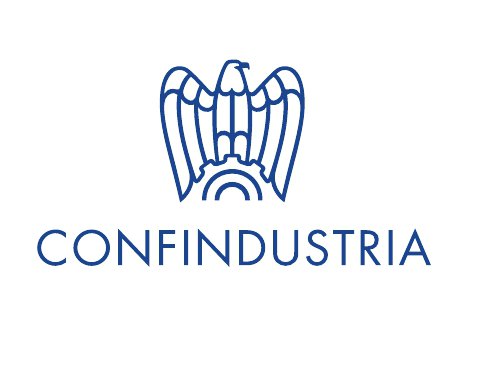Sourcing Journal informs that the Association for Supply Chain Management (ASCM) released the findings of its 2022 Supply Chain Salary and Career Report that found the supply chain sector was minimally impacted by the Great Resignation.
According to the report, 14 percent of respondents found a new job, up only 2 percent from last year. The data also revealed that career satisfaction remained high despite the continuous strain of supply chain disruptions.
“This past year brought continued uncertainty across all industries and supply chain professionals were once again under tremendous pressure to keep pace with a never-ending stream of disruptions,” said ASCM CEO Abe Eshkenazi. “Amid all these global challenges, it’s reassuring to see supply chain professionals remaining resilient and continuing to love the vital work they do while remaining loyal to this critical industry.”
As many industries struggle with balancing return to work policies, supply chain professionals are thriving in the hybrid world created by the pandemic. According to this year’s report, two-thirds of supply chain professionals work in a hybrid or permanent work-from-home setting, demonstrating the flexibility that many in today’s workforce seek when evaluating career options.
“When the pandemic hit, everybody had to quickly pivot to a new digital way of working,” Douglas Kent executive vice president of strategy and alliances at ASCM, told Sourcing Journal. “So I think to some degree, that acceleration to a digital path was comforting. I think that supply chain professionals probably had our ear towards digital more, so they felt good about the fact that that digital agenda became compressed, and we had to move into new ways of working strategically and operationally to change our ways of working.”
Kent said it also spurred a number of supply chain professionals to grow their own skill sets and competencies, “so I think there’s some degree of job satisfaction knowing that in the face of disruption, you come out the back end with a better set of skills.”
Salaries and compensation continue to rise, with survey respondents reporting an average of a 9 percent pay increase. Overall, total compensation has increased an average of 12 percent, with the median package just under $100,000.
From a benefits standpoint, the report showed that paid time off is generous within the industry with 48 percent of supply chain professionals reporting receiving four weeks or more of paid vacation.
Kent said the past two years’ supply chain chaos gave employers greater respect for workers in this area of their companies.
“In the past, there were lots of business conversations where supply chain was secondary or not even part of the discussion,” he said. “I can’t think of a single industry sector right now that hasn’t been disrupted, and therefore supply chain is at the top of mind from the C suite down. … What we surely can say is that our respect as a profession has certainly increased dramatically in the last few years. Even people who have nothing to do with supply chain … have an appreciation for it as a profession now because they understand it’s at the heart and soul of making sure that businesses and consumers deliver their product or get their products.”
For the second year in a row, the report showed that women under 40 earned more than their male counterparts in supply chain roles. Additionally, the overall gender pay gap among supply chain professionals continued to narrow with the upward growth of women in the industry.
This year’s report found women aged 40 to 49 narrowed the pay gap down from 15 percent in last year’s report to 8 percent this year. While this shows growth for women within the industry, the report found an overall gap for women and people of color at privately held companies. At publicly traded companies, salaries were more equitable for both women and people of color.
“This year’s data is encouraging as we work to attract, develop and retain more diverse supply chain talent, but these numbers also demonstrate there is more work to be done,” Eshkennazi said. “I hope all organizations can redouble efforts to eliminate pay gaps based on gender and race.”
Kent agreed that the data on the narrowing of the gender gap was “certainly satisfying.”
“This is the second year in a row that women under the age of 40 were actually earning higher wages,” he said. “The closure of the gender gap for … that critical executive or emerging executive 40 to 49…seeing that gap close almost half of what it was. We have to be very comforted by that.”
ASCM’s 2022 Salary and Career Report also noted that professional development pays off, as those with at least one APICS certification earn a 25 percent higher salary than those with no certification at all. APICS certifications are offered by ASME is several areas of supply chain management.
Kent noted that certifications enhance people’s earning levels and individual knowledge, “so it’s important for corporations to understand that they also are getting a return on their investments, or what we call ‘return on education.’”
In addition, respondents reported a median salary of $96,000, which includes base salary and additional compensation, while 81 percent of new graduates found their job in the supply chain industry in three months or less. For professionals already in the industry, 67 percent found a new job within three months of beginning their search.
ASCM is built on a foundation of world-class APICS education, certification and career resources, which encompass award-winning workforce development, relevant content, groundbreaking industry standards and a diverse community of professionals who are driven to create a better world through supply chain.



